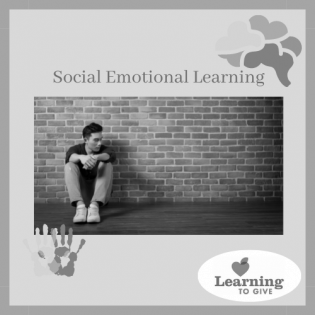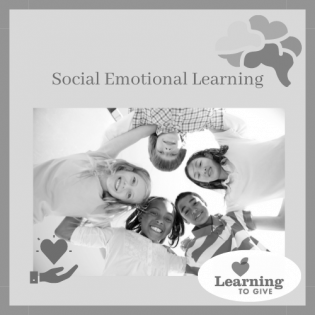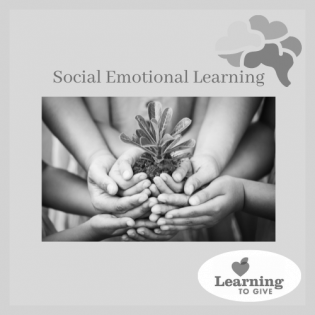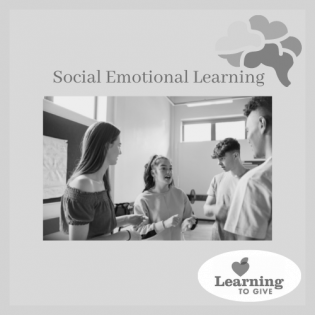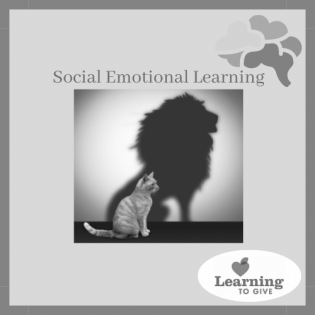In this activity young people are asked to consider how their race, ethnicity, gender, or sexuality impact how they control their emotions. This Self-Management tool asks young people to reflect upon how they regulate their behaviors and emotions. They will then be asked to discuss how race, gender, and other identity markers impact the expectations of behavior and emotion regulation from different groups. Different Strokes for Different Folks is inspired by the article, "Why We Can't Afford Whitewashed Social-Emotional Learning" by Dena Simmons.
Filter by subjects:
Filter by grades:
Filter by audience:
Filter by issue area:
Filter by content type:
Filter by resource type:
resource search
In this activity participants learn through physical experience how people are involved in communities and introduce the idea of “holding in trust” through a physical activity.
In this activity participants get to know one another and discover their commonalities and differences. What similarities do I have with others? What differences do I have with others? Why are both important?
In this activity participants will gain an understanding of diversity, equity, and inclusion and construct a DEI framework for different aspects of their youth philanthropy group. Document support provided by the Michigan Community Foundation's Youth Project (MCFYP) 2020.
This activity introduces youth to the concept of privilege. Participants will become aware of their privilege and how their privilege enhances or hinders their access to opportunities.
Young people create a Public Service Announcement in order to inform people about an issue and challenge them to take action in order to make a difference. This activity guides them to select an issue, research ways to address the issue, and make a call to action.
One of the most effective ways to support youth social emotional growth is with regular check-ins. Use ice breakers to give youth a chance to listen, talk, reflect, build empathy, and discuss critical thinking and issues. The following conversation prompts are organized by the SEL categories and the type of engagement they bring out.
Courageous Conversations about social justice are an Everyday SEL practice. These prompts can be used to facilitate conversations that aim to build empathy and connection by inviting participants to speak and listen from the heart. Courageous Conversations take place after a stimulus, such as a video or image, is introduced. A stimulus is used to build background and stimulate thinking and discussion.
This resource was developed in collaboration with the Council of Michigan Foundations (CMF) Youth Philanthropy Task Force powered by Michigan youth, CMF members, and nonprofit leaders.
